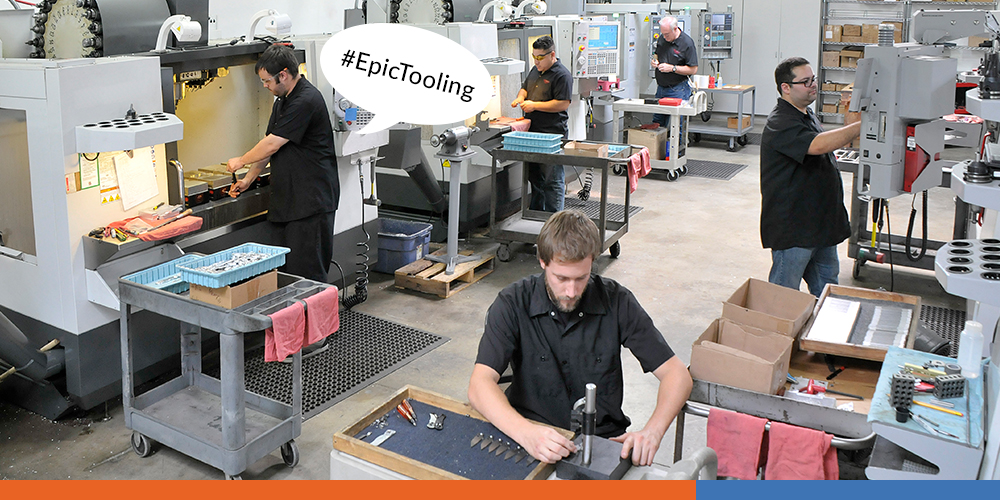Social Media Marketing for Machine Shops
Sure, there’s a lot of tech buzzwords that get thrown around loosely nowadays. There are tech phrases like social media influencing, e-mail blasting, split A/B testing, pay-per-click, etc. Albeit some of these aren’t really new buzzwords, they have been proven effective marketing tools. In fact, these tools have been getting more and more effective as the number of mobile phone users grows yearly.
There was a time when smartphones and social media were only used by the younger crowd. However, it was inevitable that the baby boomers would eventually catch on. A Forbes survey says that 82% of baby boomers and seniors now spend more time online more than watching TV. This same group also owns an average of 4.6 online accounts per user – Facebook and LinkedIn being the most common. Combine this with the millennial crowd, who we already know are active online users, then that easily makes up almost everybody.
Why Does Social Media Matter in the Machine Tool Industry?
Why do these matter to your machine shop? Social media platforms and search engines allow you to advertise to online users inexpensively. They both allow you, as the business owner, to advertise to your audience. Potential customer segments can be sliced and diced by location, demographics, and interests among other things. Doing so allows you to drive your cost per click down to a minimum. Everything can be monitored and optimized in real-time so you’ll be confident that your budget is being well spent. Average bids for Google pay-per-click first page ranking range from 50 cents to a few dollars per legitimate website visit. At this rate, you can’t afford not to stay in front of customers that are in need of your services.
New Areas of Focus
For machine tool equipment distributors, here are the 3 key most notable sectors that have shown tremendous growth recently. Highlighting these on your digital marketing outputs might give you more than just a slight advantage in getting more leads.
Automation
Automation integration has gained more adoption through tax incentives and manufacturer discount programs. In addition, global process automation has been receiving investments and is continuing to grow at 6% annually. The overall lower cost of ownership has bridged the gap for end-users wanting more production efficiency. Being an automation integrator is one good way to expand your reach.
3D Printing Technology
Additive manufacturing has quickly grown from just creating small plastic models and prototypes to now fully usable prosthetics, fixtures, tooling, and other end-use production parts. This effectively speeds up the process from drawing to having the actual parts. This continues to reduce operational and developmental costs. As more 3D printer builders come up with more affordable solutions, this should definitely in your radar.

